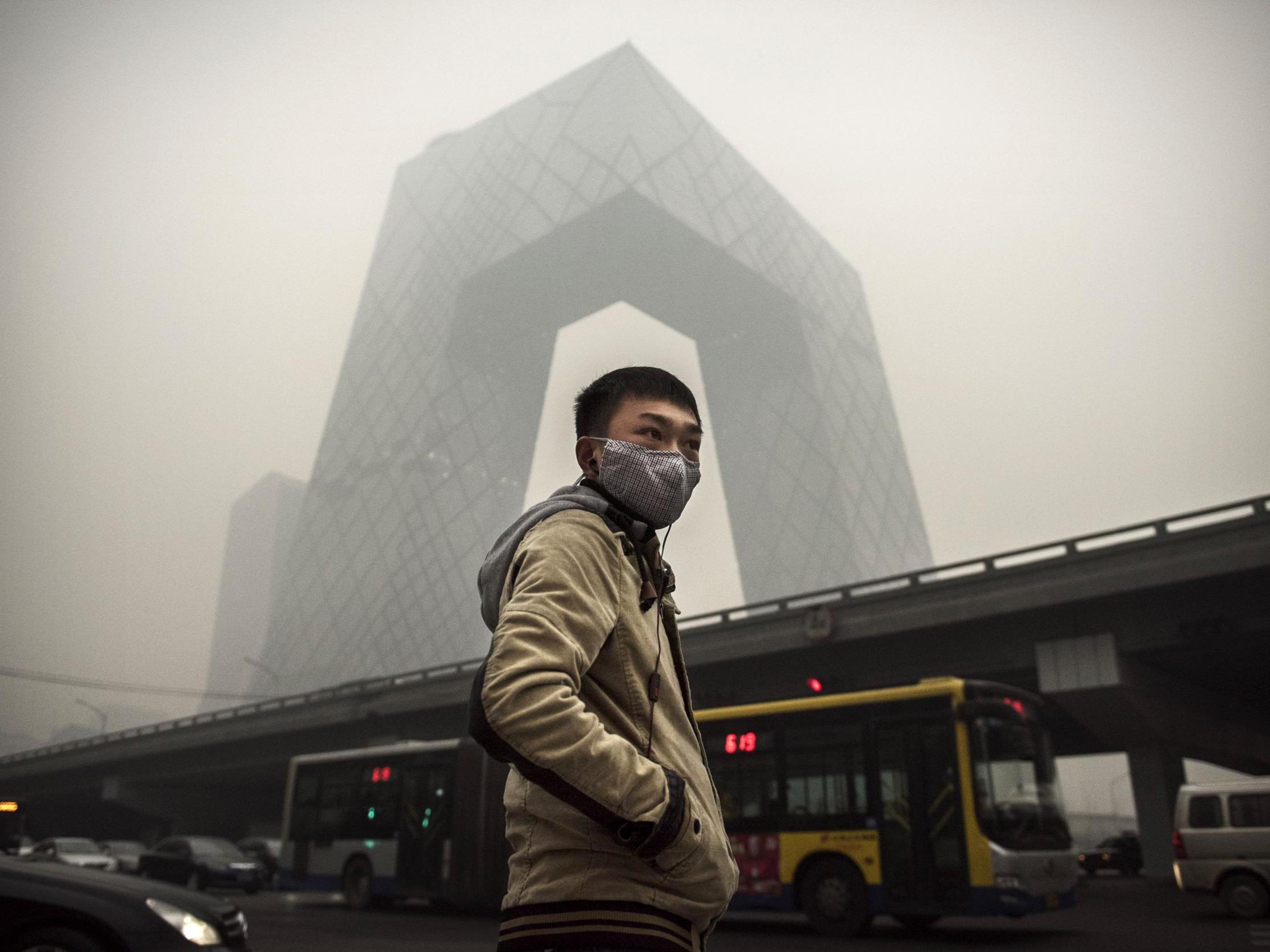Is China’s ‘iron fist’ approach the answer to the climate crisis?
The state’s highly authoritarian crackdown on coronavirus helped the country regain control of the pandemic. The same logic could be applied to the global war on pollution, says Andy Martin

We know that toxic emissions from coal and gas and oil are heating up the climate. The Arctic is melting. Siberia is having the hottest summer ever. We are setting fire to the planet. So what are we going to do about it? China has a simple and brutal answer: the “iron fist”. For the purpose of the 2008 Olympics in Beijing, they decided to clear the air beforehand by simply shutting down factories around the city (and tidying up the streets by “relocating” vagrants, beggars and other “undesirables”). But come 2014, air pollution levels had crept back up – parts of the country were at 45 times the recommended daily limit. So the iron fist cracked down again: they banned coal-fired plants and restricted road traffic. They stopped home fires burning. Within a few years’ air pollution had massively improved and 20 million people in Beijing were living 3.3 years longer, on average.
Could the west – or the whole world – do with a good dose of the iron fist too? Do central governments need to get more communist to have any hope of turning back the tide? China talked about declaring a “war” on pollution. The fact is we are now at war with ourselves. We are the “anthropos” in Anthropocene. We live in a fossil economy. So if we want to save our own habitat we have to take restrictive measures against ourselves, like Harry Houdini tying himself up in knots (and then, hopefully, making his escape). Sound familiar?
When China first started “locking down” whole cities in the wake of coronavirus, we tended to think that was something that could only be accomplished in a highly authoritarian state. And yet we eventually adopted exactly the same policy, relying rather more on compliance and cooperation than actually barricading people up in their own homes (as happened in China). The iron fist in a velvet glove. Doesn’t the same logic apply to the war on pollution?
Subscribe to Independent Premium to bookmark this article
Want to bookmark your favourite articles and stories to read or reference later? Start your Independent Premium subscription today.
Join our commenting forum
Join thought-provoking conversations, follow other Independent readers and see their replies